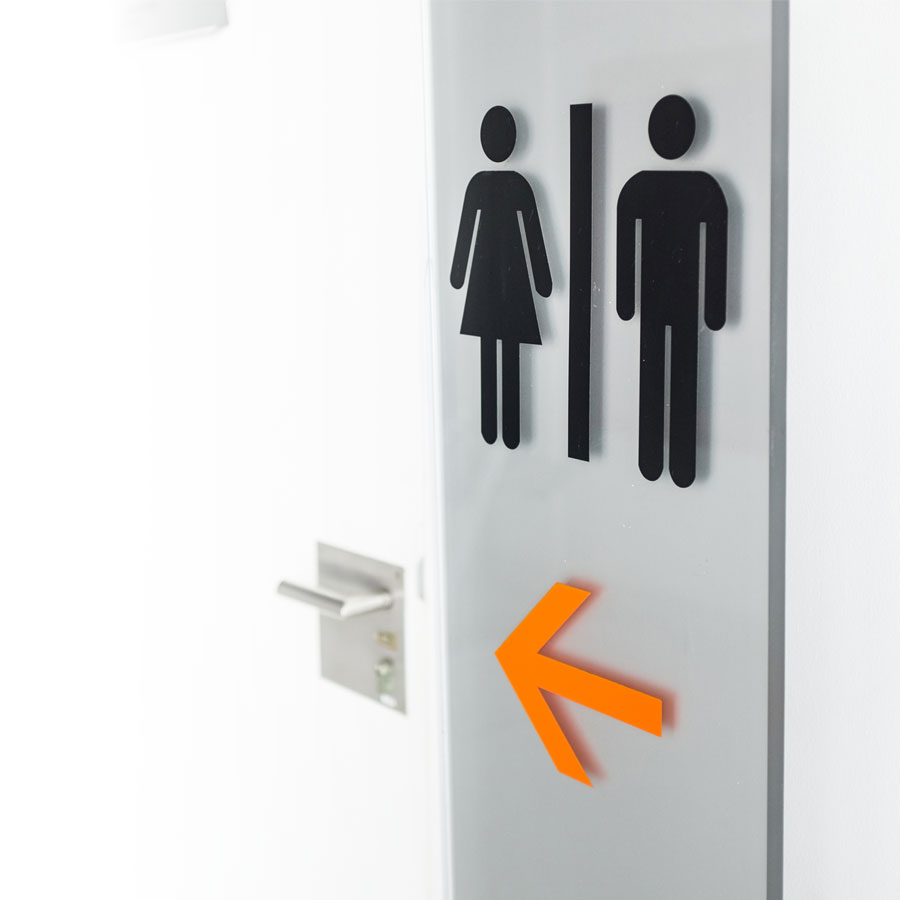Urinary incontinence is taboo, making it subject to a lot of myths. However, for those affected by it, having the right information is crucial.
Urinary incontinence: a common but relatively unknown condition
Over the course of their lives, thousands of Canadians will experience urinary tract disorders. Urinary incontinence is without a doubt the most common. It is defined as the accidental or involuntary loss of urine through the urethra. This includes a frequent need to go to the bathroom, which can be associated with varying degrees of leakage.
This urine leakage often causes discomfort, embarrassment and worry. Although it affects nearly 10% of the Canadian population, it remains taboo for many people who are affected by it. People are reluctant to seek information or medical advice to find effective solutions. It's time to break down the stigma!
Here are a few examples of false beliefs related to bladder weakness.
1
Urinary incontinence only affects older people.
This old myth is a bit worn out. For a long time, it was believed that urinary incontinence was part of the normal aging process. Now we know that it is not. It's true that the frequency of this condition increases with age, but even so, younger people can still be affected by it. There are various types of urinary incontinence and there are many causes, which explains why people of all ages live with this problem.
2
Urinary incontinence affects only women.
It is estimated that after the age of 45, more than one in three women will be bothered by bladder weakness. While it is true that women experience bladder weakness more often than men, they are not spared. Nearly 10% of men over the age of 40 live with some form of urinary incontinence, due to a variety of factors including prostate health problems.
3
Drinking less water helps reduce bladder weakness.
Absolutely not! In fact, the opposite is true. Drinking less makes urine more concentrated, which can irritate the bladder and cause incontinence. Additionally, more concentrated urine means stronger odours, which can become very embarrassing if bladder weakness occurs. It is therefore preferable to stay well hydrated, which is also beneficial to your health.
4
When you live with urinary incontinence, there is an odour of urine.
Not necessarily, although many people think otherwise. Maintaining good personal hygiene and using effective absorbent protection products, with technology that can trap moisture and odour, can provide peace of mind. Changing the protective product several times a day can make a difference.
5
When you live with urinary incontinence, you can say goodbye to your social life!
Incontinence can be embarrassing and some people will isolate themselves and avoid going out for fear that those around them will discover the problem. Leakage protection products are now very discreet and can easily go unnoticed. Choosing the right product and the right size can help a lot. So there is no reason to deprive yourself of outings or your favourite activities.
6
Sports activities should be limited to avoid bladder weakness.
It's true that bladder weakness can sometimes occur when playing sports, but that's no reason to limit your physical activity. On the contrary! Sports can help strengthen pelvic muscles and give you more control over them. Additionally, regular physical activity helps maintain a healthy weight, which reduces pressure on the bladder and reduces incontinence in the long term. So use the right protection and stay active!
7
Urinary incontinence is a problem without solutions.
There are different ways to manage urinary incontinence. It actually depends on the cause(s) of the incontinence. Beneficial measures include lifestyle changes, perineal rehabilitation exercises (Kegel exercises), the use of devices (e.g. pessary, bladder support or prosthesis), the use of medication and surgery. In all cases, the solution begins with a discussion with a doctor to establish the diagnosis, identify the origin of the problem and determine a good treatment plan.
Don’t hesitate to speak to your pharmacist for additional information about bladder weakness and its treatment measures.

